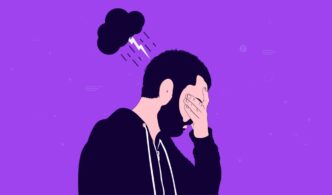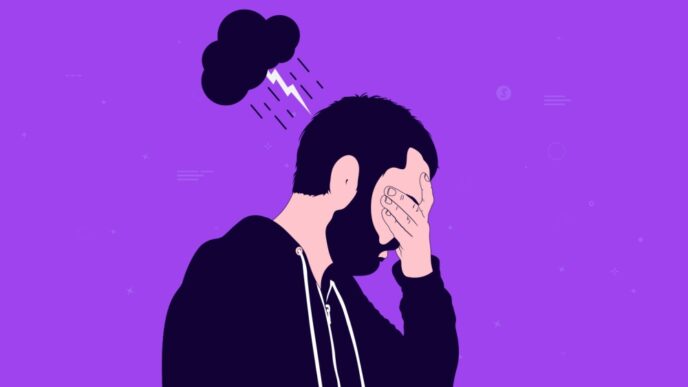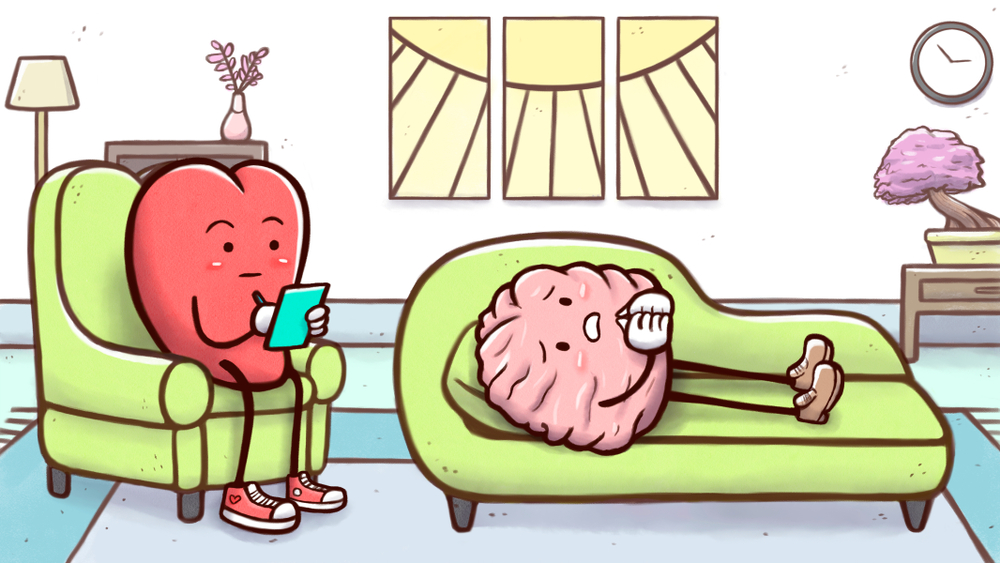Some people experience depression because they are unable to cope with life-changing events, such as financial problems, unemployment, broken relationships, the passing of a loved one and more. Of course, most people will be affected by such events, but people with depression will experience symptoms that will prevent them from functioning normally, and this will persist for a longer period of time than normal.
WORDS LIM TECK CHOON
 FEATURED EXPERT FEATURED EXPERTPAUL K JAMBUNATHAN Consultant Clinical Psychologist ReGen Rehab Hospital |
MEDICAL CONDITIONS CAN CAUSE DEPRESSION TOO
- Our thyroid, adrenal and pineal glands, as well as the glands in our sex organs produce hormones that are linked to our mood.
- Therefore, any medical problems involving those glands can give rise to depression.
- In such cases, these problems will have to be addressed in order to help the person overcome their depression.
THE DEPRESSION GENE
- Research suggests a strong possibility of a depression gene that can be passed on from parent to children, leaving these children more at risk at developing depression.
- If you have family members who developed depression, you should be more aware of the symptoms and get help if you have them, as well as practice good stress management techniques
DEPRESSION IS NOT A SIGN OF WEAKNESS
- Depression can be an inability to cope with life’s many stresses and pressures, or it could also be a result of a medical condition, or perhaps even a hereditary condition.
- It could be also caused by a combination or all of these factors.
- Therefore, if you believe that you may have depression, don’t be ashamed to seek help from a qualified mental health professional.
DO YOU HAVE DEPRESSION?
Mr Paul K Jambunathan points out that, according to the latest edition of The Diagnostic and Statistical Manual of Mental Disorders, someone is diagnosed as suffering from depression if he or she shows at least 5 of the following symptoms for nearly every day.
Depressed Mood
Feels irritable most of the day, nearly every day for more than 2 weeks. The person may appear sad, empty or tearful to the people around him or her.
Lack of Interest in Activities They Usually Enjoy
The person shows decreased interest or pleasure in most activities, including activities that he or she previously enjoyed, most of each day.
Significant Weight and/or Appetite Change
Medically, a weight change of 5% (gain or loss) may be an indication of depression.
Change in Sleeping Habit
Some people may have problems falling asleep, while others may sleep more excessively than normal.
Constant Lack of Energy
The affected person seems listless and lacking in energy most of the time, often showing little inclination to snap out of the mood.
Excessive Guilt
The person feels an excessive or inappropriate amount of guilt over a past incident that triggered the depression.
They may also feel helpless to change a situation or feel that they are worthless to the people around him or her.
Lack of Focus
They have a reduced ability to concentrate or think and are also indecisive.
Suicidal Thoughts
The thought of death or suicide frequently runs through their mind, along with ideas of how to carry them out.
WHERE TO SEEK HELP
There are different types of mental health professionals, and it will be good to know what they can do to help you.
- Counselors are generally the front line mental health professionals. They are trained to offer support and counseling to people with emotional problems.
- Clinical psychologists have at least a Masters degree in clinical psychology. They can offer the services of a counselor as well as more specialized services such as cognitive behavioural therapy (CBT).
- Psychiatrists are medical specialists who are better equipped to help people with more serious mental disorders such as schizophrenia and depression. Because they are medical doctors, they can prescribe medications when the need arises.
Mr Jambunathan says that it is perfectly fine to visit a counselor first.
- If the counselor believes, after assessing you, that you require the more specialized services of a psychologist or psychiatrist, they will refer you to the right person.
- “Often, you may also be requested to get a full medical check-up,” Mr Jambunathan explains.
- A full medical check-up is necessary to rule out any medical conditions that may be contributing to your depression. If such conditions exist, they will have to be looked into first.
Confidentiality Guaranteed
Don’t worry about people finding out that you are depressed.
- Mr Jambunathan assures that mental health professionals will not divulge your status to anyone, even your employer and partner, without your explicit permission.
- If you have any concerns about confidentiality, you can voice them out.
- Most mental health professionals are used to and even expect such a discussion and thus, they will be glad to address your concerns.
What Are the Sessions Like?
Often, the client dictates the pace and nature of the session.
- The number of sessions depends on the client’s progress and the severity of their condition.
- For clinical psychologists such as Mr Jambunathan, sessions involve listening to the client and asking thought-provoking questions in order to empower the client into finding the determination and drive to make the necessary steps to overcome their depression.
EMPOWER YOURSELF
Mr Jambunathan emphasizes that your recovery will be smoother if you take steps to empower yourself.
- Learn more about depression – the causes, the symptoms and the options available to overcome your condition. The knowledge will allow you to be more confident in making educated decisions when it comes to your recovery.
- Do not hesitate to ask for second or third opinions if you have doubts about an initial diagnosis.
- Feel free to ask to be referred to another mental health professional if you are uncomfortable with the one you are currently seeing.
Most mental health professionals will be happy to accommodate your request for a second opinion or referrals to another colleague; they will not take it personally.
| For more information on how depression can be treated with medications, click here for an article by Associate Professor Dr Amer Siddiq. |
| This article is part of our series on mental wellness. |













